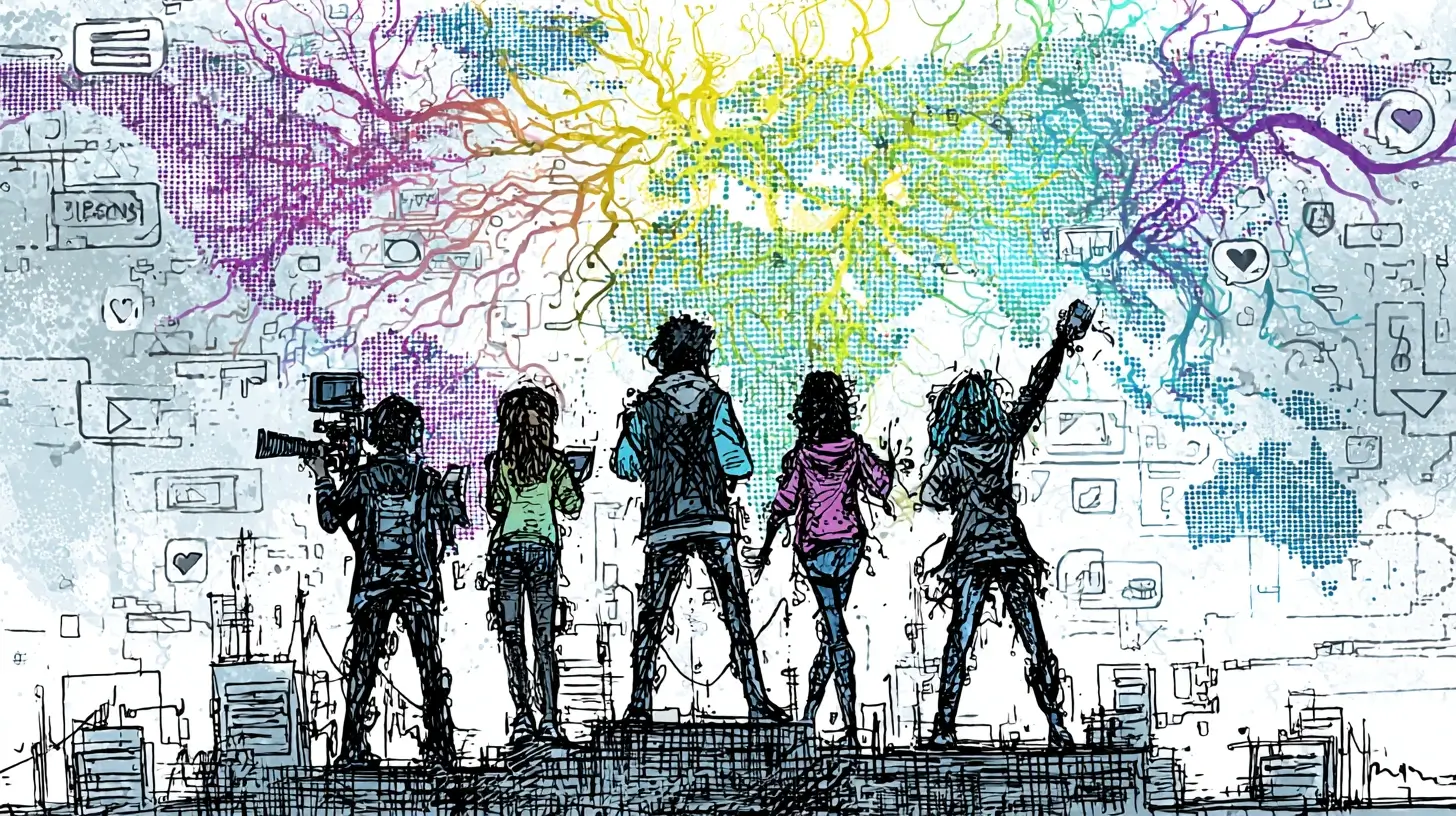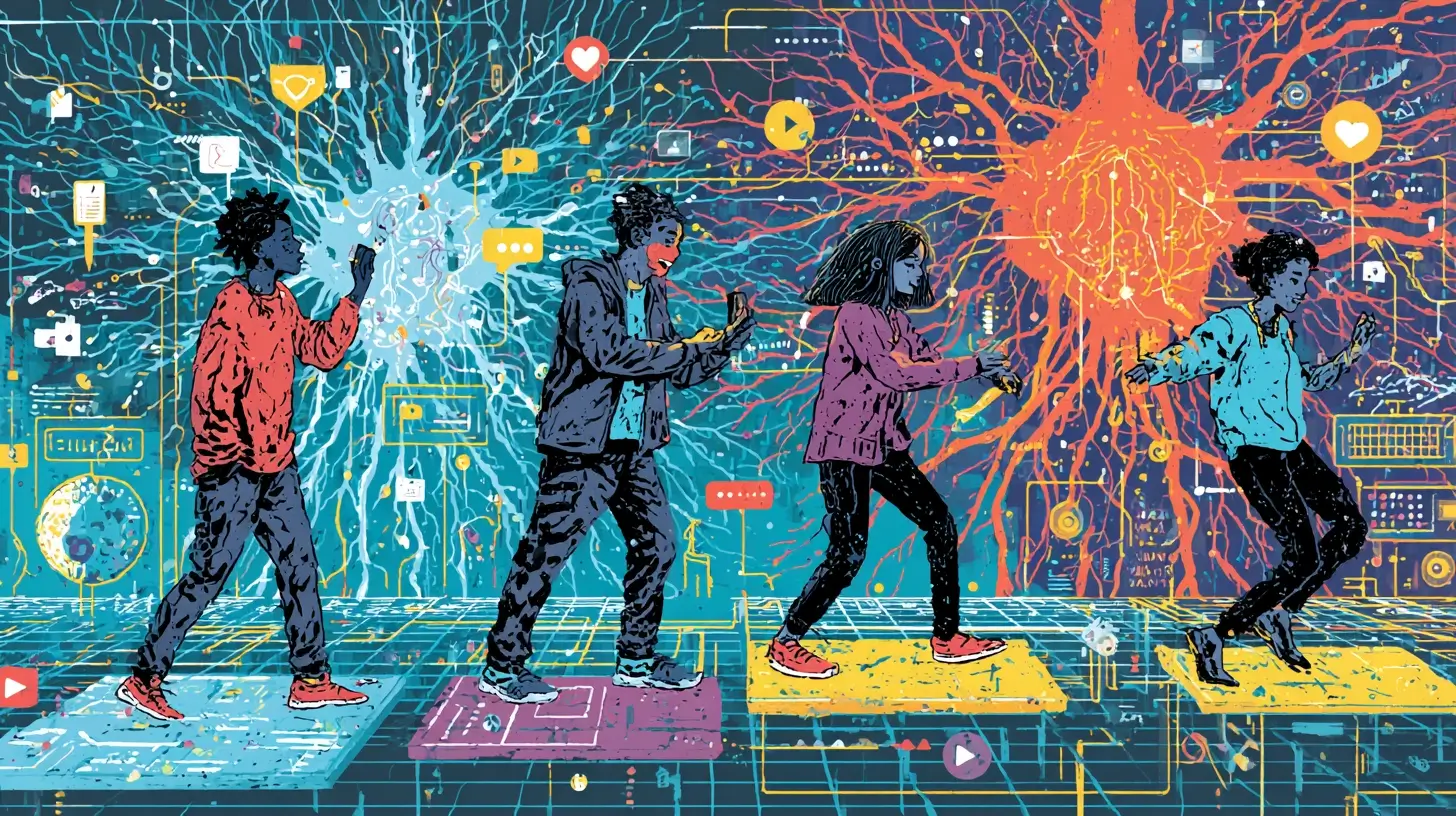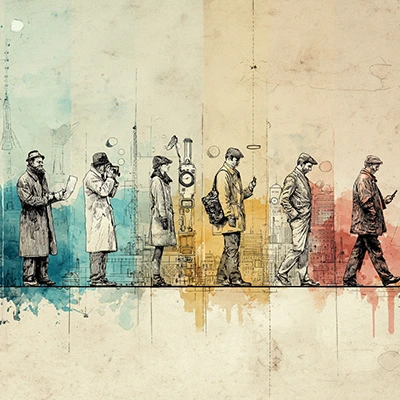The Loss of Authentic Human Connection
Despite unprecedented connectivity, many people report feeling more isolated than ever. The convenience of digital communication has cut down on face-to-face interactions, leading some to miss out on the nuances of in-person communication. While digital platforms open up new possibilities for connection, they can also water down the quality of our relationships. The constant pressure to keep up with online personas can wear people down, creating anxiety and social pressure that builds up over time.
The phenomenon of "digital relationships" has taken over many aspects of social interaction, but these connections often fall short of providing the emotional depth that comes with in-person relationships. People get caught up in maintaining their online presence, sometimes putting off real-world social activities. The addictive nature of social media platforms means that people give in to the urge to check up on others constantly, but this behavior often leads to feelings of inadequacy and social comparison rather than genuine connection.

Finding Balance in the Digital Age
As we move forward in this digital era, it's crucial to figure out how to make the most of technology's benefits while guarding against its potential harms. Educational initiatives that focus on digital literacy can help people sort out reliable information from misinformation. Privacy-focused technologies are coming along that may help users opt out of excessive data collection while still taking advantage of digital services' benefits.
The key is learning to set up healthy boundaries with technology rather than giving up on it entirely. This might involve cutting back on social media usage, seeking out more face-to-face interactions, or speaking up about privacy concerns. As digital natives grow up with these technologies, they're working out new social norms that balance out online and offline experiences.

🎯 Conclusion: Navigating Our Connected Future
The digital revolution has brought about unprecedented changes in how we communicate, access information, and relate to one another. While these technologies have opened up remarkable opportunities for connection and learning, they have also given rise to new challenges that we must deal with thoughtfully. As we look ahead to future developments, it's important to keep in mind both the promises and perils of our increasingly connected world.
The responsibility falls on individuals, communities, and institutions to work together in bringing about a digital future that serves humanity's best interests. This means standing up for privacy rights, calling out misinformation, and making sure that technology adds to rather than takes away from our human connections. By staying aware of these issues and taking action when necessary, we can make sure that the digital revolution turns out to be a positive force for human flourishing.
As we continue to adapt to this rapidly changing landscape, the most important thing is to hold onto our capacity for genuine human connection while embracing the tools that can help us build a more informed, connected, and empathetic world. The future will depend on our ability to balance technological innovation with human values, ensuring that progress serves people rather than the other way around.




